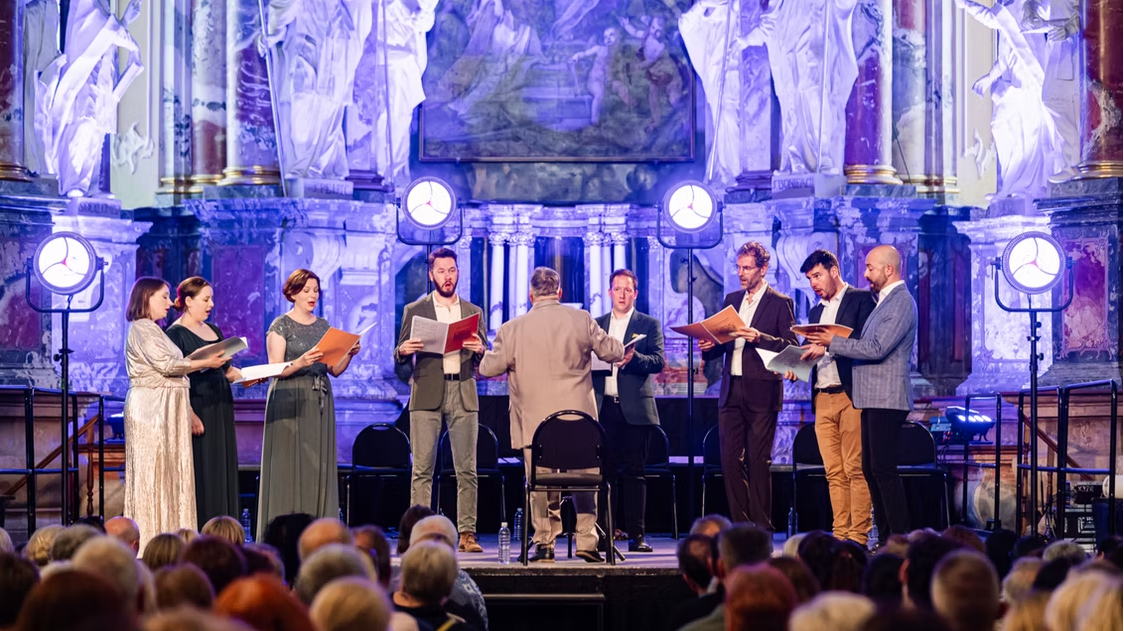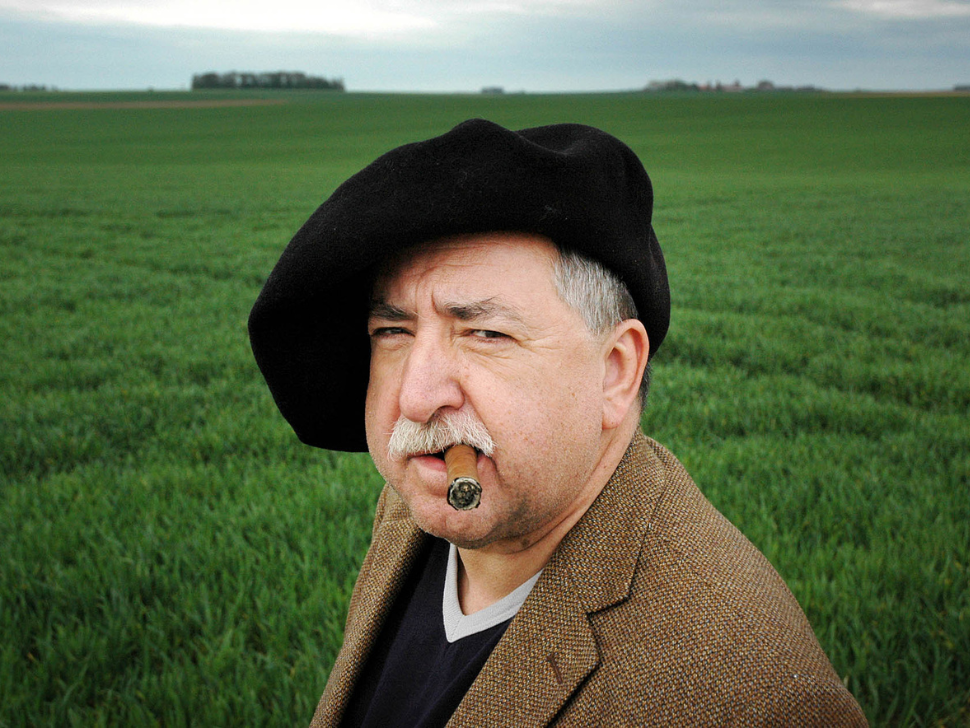Achim Schulz to succeed Paul Van Nevel as artistic director of Huelgas Ensemble
After more than five decades at the helm of one of Europe’s most renowned early music ensembles, Belgian conductor and musicologist Paul Van Nevel is preparing to pass the torch. German tenor Achim Schulz, a longtime member of the Huelgas Ensemble, will gradually assume the role of artistic director, marking a new chapter in the group’s storied history.
A legacy of polyphony
Van Nevel, now 79, founded the Huelgas Ensemble in 1971 while studying at the Schola Cantorum Basiliensis. Under his leadership, the group became a world leader in the performance of early European polyphony, specializing in repertoire from the 12th to 16th centuries. With his distinctive moustache (often accompanied by a cigar) and a reputation as an epicurean connoisseur, Van Nevel has long been one of the most recognizable figures in the early music world.
The ensemble’s recordings, especially through Sony Classical’s celebrated Vivarte collection of the 1990s and 2000s, helped cement its reputation as a definitive interpreter of Franco-Flemish repertoire, as well as works by Italian, German, French, and Spanish masters. A contemporary of Philippe Herreweghe, René Jacobs, the Kuijken brothers, and Jos van Immerseel, Van Nevel belongs to a golden generation of Flemish musicians who shaped the international early music movement.

Enter Achim Schulz
Schulz, born in Munich, brings a deep connection to the ensemble he will soon lead. He studied organ, harpsichord, choral conducting, and church music before training as a tenor at the Schola Cantorum Basiliensis and Basel’s Hochschule der Musik, working with mentors such as Kurt Widmer and Dietrich Fischer-Dieskau. His solo career has focused on Bach and German Lied, but he has been singing with Huelgas for two decades and also performs with the Vienna-based vocal ensemble Cinquecento.
Over the next several years, Schulz will gradually take on more responsibility, beginning with select concerts each year. In August 2025, he will lead the ensemble in a program of Ars Nova works at Antwerp’s Laus Polyphoniae festival, featuring music by Perotinus, Machaut, Dunstable, Ciconia, Du Fay, and others.
As part of the transition, Schulz will inherit Van Nevel’s extensive music library, which includes around 2,000 scores and transcriptions. He has also worked alongside Van Nevel in recent years on audition juries, helping to select both current singers and the next generation of talent.
Continuity with change
For Van Nevel, the succession is about evolution, not replication. “When Achim leads a concert, he does what he wants. I told him that myself,” he said. “Much and little will change at the same time … Will the audience notice? Yes. But the singers remain the same, as does the repertoire and the style. It’s a transition, not a musical shock. The last thing I want is a copy of myself leading the ensemble. Achim should add his own accents.”
As Van Nevel continues to appear with the ensemble during the transition, audiences will experience two artistic visions in dialogue: the founder’s seasoned hand and his successor’s fresh perspective. It is, as Van Nevel describes, a passing of the compass rather than a closing of the book.
